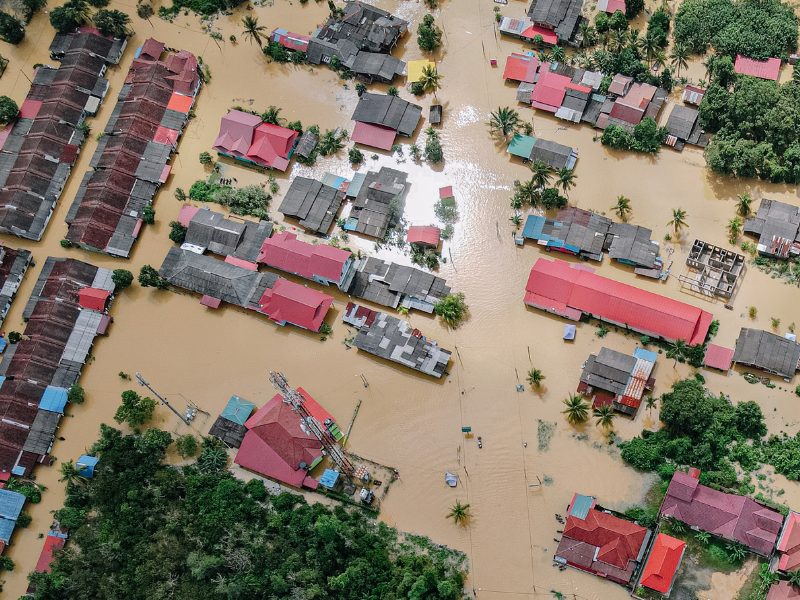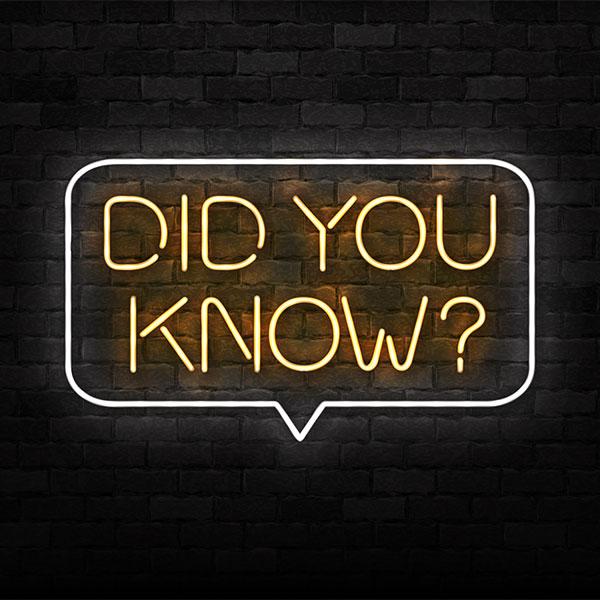Most people are good, especially during times of crisis. Natural disasters like floods in Texas, Florida, and Louisiana have shown how communities come together to help one another. However, these emergencies can also attract looters, identity thieves, and dishonest contractors looking to take advantage of vulnerable situations.
The key to protecting yourself after an emergency lies in preparation before the event. Below are actionable tips to keep yourself, your property, and your identity safe post-disaster.

1. Protect Your Identity
After a disaster, identity theft becomes a serious risk. For example, in Houston, many residents had to leave their water-damaged homes temporarily, leaving behind personal documents that thieves could exploit.
- Contain identifying information: Keep all essential documents (birth certificates, Social Security cards, tax records, bank information) in a fireproof, portable lockbox. If you evacuate, take these documents with you.
- Shred mail and junk mail: Even junk mail with your name and address can be used to scam FEMA or insurance companies. Shred it as you receive it to minimize risks.
2. Watch Your House
Looters often travel long distances to target vacant homes in disaster zones. While police may patrol the area, the responsibility of securing your property falls on you.
- Install cameras or monitoring systems to keep an eye on your property.
- Move items you’re drying out to the backyard to reduce theft risks.
3. Be Cautious with Contractors
Unfortunately, dishonest contractors often exploit disaster victims. Watch out for price gouging, poor workmanship, or contractors who disappear after receiving payment.
- Ask for references, portfolios, and proof of past work.
- Be wary if a contractor asks how much your insurance check is worth—this is often a red flag.
- Get multiple bids for repairs, and speak with neighbors about their experiences before making any decisions.
4. Donate Carefully
Donations are essential for recovery efforts, but they can also be misused. To ensure your contributions make a positive impact:
- Donate to reputable organizations rather than individuals you don’t know.
- Black out barcodes on donated items to prevent them from being returned to stores for cash.
- Assume that any donation could potentially be sold, so choose your donation avenues wisely.

5. Monitor Disaster-Related Social Media Pages
Scammers sometimes use social media to create fake donation campaigns, often featuring images of damaged homes that aren’t theirs. Monitor these pages to ensure your home or property isn’t being misused for fraud.
6. Research All Repair Products
Not all repair products are created equal. For example, some products claiming to kill mold may not be sufficient for your specific needs. Take time to research products and consult professionals before using them.
7. Be Cautious When Buying Used Cars and Appliances
Post-disaster, flood-damaged cars and appliances often enter the secondhand market. Protect yourself by:
- Checking the history of any used car or appliance before purchasing.
- Looking for signs of flood damage such as rust, mismatched paint, or water stains.
- Having the vehicle or appliance inspected by a trusted professional.
Final Thoughts
While no one ever wants to experience the devastation of a natural disaster, preparation can make all the difference. By safeguarding your identity, property, and finances, you can protect yourself from post-disaster dangers.
Do you have other tips for staying safe after a natural disaster? Share them in the comments below!












